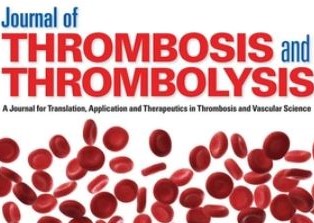A new PCORI-funded study, led by Margaret Fang, MD, MPH, at the University of California, San Francisco, in collaboration with researchers from the Kaiser Permanente Southern California Department of Research & Evaluation and the Kaiser Permanente Northern California Division of Research, has been published this month in the Journal of Thrombosis and Thrombolysis and compares anticoagulant treatment satisfaction among VTE patients prescribed either a direct oral anticoagulant (DOAC) or warfarin.
With this study, researchers surveyed 2,217 adults from two large integrated health systems taking DOACs (n=969) or warfarin (n=1,248) for incident VTE occurring between January 1, 2015 and June 30, 2018. Treatment satisfaction was assessed using the validated Anti-Clot Treatment Scale© (ACTS), divided into the ACTS Burdens and ACTS Benefits scores.
In summary, patients taking DOACs for VTE were, on average, more satisfied with anticoagulant treatment than were warfarin users, although the magnitude of the difference was small. Adjusting for patient-level differences, the mean ACTS Burdens score recorded by the survey respondents prescribed DOACs was 50.2, compared to 48.0 among respondents prescribed warfarin, and the ACTS Benefits score among individuals prescribed DOACs was 10.2, compared to 9.8 among respondents prescribed warfarin.
View the study publication here: Journal of Thrombosis and Thrombolysis
For a description of this study suitable to share with patients considering their VTE treatment options, view a general study summary here: Study Summary
Questions about the study and its results can be referred to: margaret.fang@ucsf.edu.





